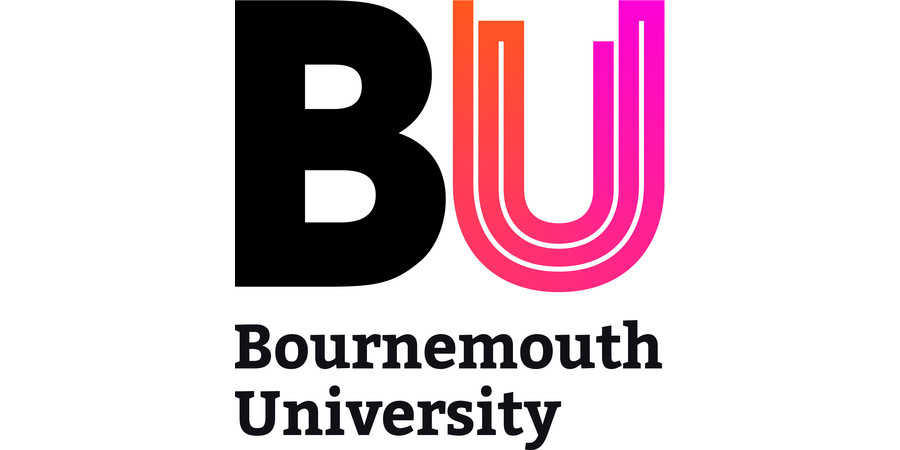PhD Studentship: Combining functional electrical stimulation and spinal stimulation to optimise walking in people with Multiple Sclerosis, a feasibility study
Bournemouth University - Bournemouth University Faculty of Health and Social Sciences
| Qualification Type: | PhD |
|---|---|
| Location: | Bournemouth |
| Funding for: | UK Students, EU Students, International Students |
| Funding amount: | £18,622 maintenance grant per annum |
| Hours: | Full Time |
| Placed On: | 12th November 2024 |
|---|---|
| Closes: | 15th November 2024 |
Bournemouth University
Faculty Name: Bournemouth University Faculty of Health and Social Sciences
Combining functional electrical stimulation and spinal stimulation to optimise walking in people with Multiple Sclerosis, a feasibility study
Funding amount: £18,622 maintenance grant per annum
Lead Supervisor name: Dr Kathryn Collins
Project description
Electrical stimulation, specifically functional electrical stimulation (FES) has been used in clinical practice for over 25 years to support rehabilitation for people with upper motor neuron conditions such as Multiple Sclerosis (MS), stroke and spinal cord injury (SCI). FES is effective through small electrical impulses to activate weak or paralysed muscles through exciting the nerves that connect to the muscles. It is most frequently administered through self-adhesive patches or electrodes which are placed on the surface of the skin directly above the muscle. The electrical stimulation can be used during functional activities such as walking, reaching or cycling to help enhance the muscle contraction or motor control. Surface spinal stimulation works in the same way as FES, electrical impulses administered through sticky pads to electrodes. However, the target area of stimulation is the spine/spinal cord at the level of the nerve root of the weakened muscle.
Clinician’s and researchers are continuing to understand the underlying mechanisms of how electrical stimulation works and its impact on neuroplasticity. Neurophysiological techniques such as functional magnetic resonance imaging (fMRI) and transcranial magnetic stimulation (TMS) have been used to establish neurophysiological changes because of using FES technologies, these techniques are not often used alongside behavioural measures and patient reported outcomes.
The aim of this interesting and novel project is to explore electrical stimulation in more depth to better understand how stimulation can contribute to improved function for people with MS. The successful applicant will work with the research team to develop the project and research methodology providing and exciting opportunity to develop and shape the research in this area.
What does the funded studentship include?
A fully-funded Studentship includes a maintenance grant of £18,622 per year to contribute towards living expenses during the course of your research, as well as a fee waiver for 36 months. Associated costs, such as for fieldwork and conference attendance, will also be met under the Studentship.
Eligibility criteria
The BU PhD and MRes Studentships are open to UK, EU and International students. Candidates for a PhD Studentship should demonstrate outstanding qualities and be motivated to complete a PhD in 4 years and must demonstrate:
- Outstanding academic potential as measured normally by either a 1st class honours degree (or equivalent Grade Point Average (GPA) or a Master’s degree with distinction or equivalent
- An IELTS (Academic) score of 6.5 minimum (with a minimum 6.0 in each component, or equivalent) for candidates for whom English is not their first language and this must be evidenced at point of application.
Closing date: The closing date for applications is 15 November 2024
For further information on how to apply click the ‘Apply’ button below or email pgradmissions@bournemouth.ac.uk
Advert information
Type / Role:
Subject Area(s):
Location(s):









